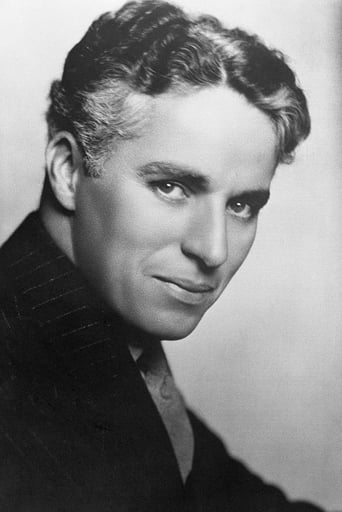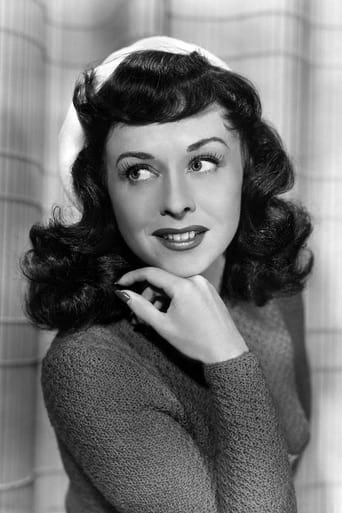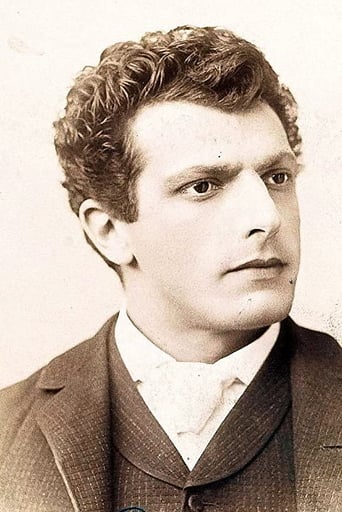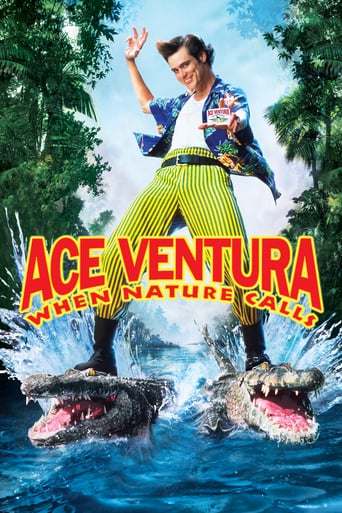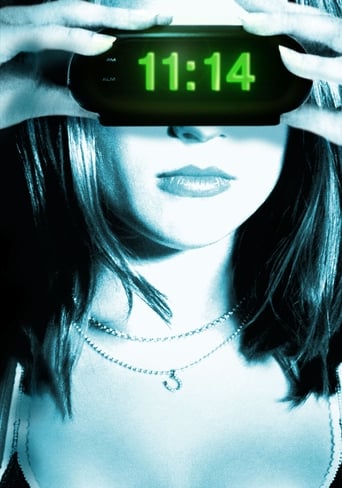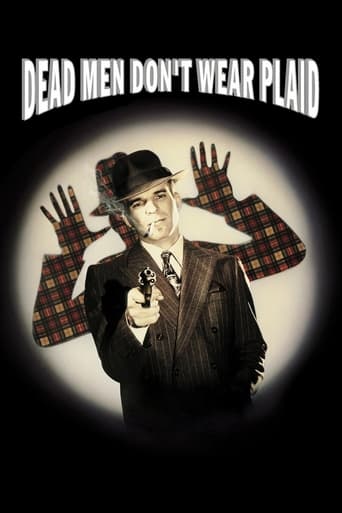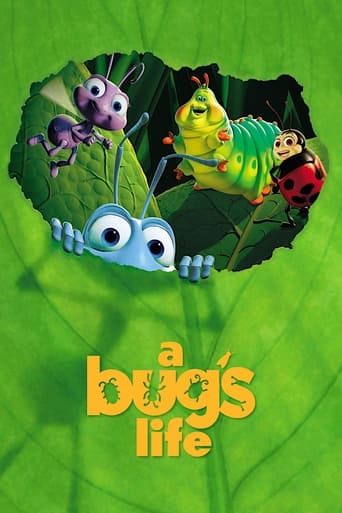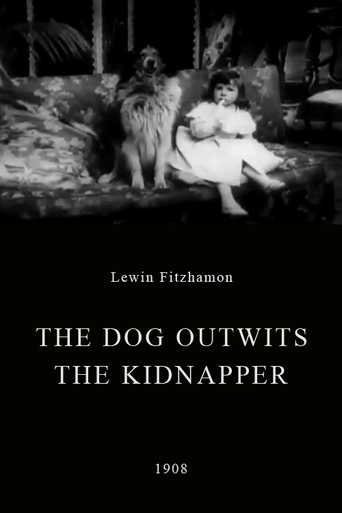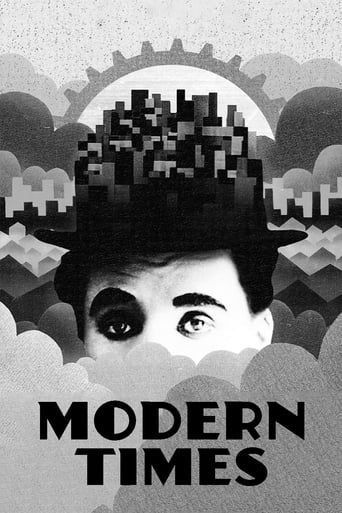

Modern Times (1936)
A bumbling tramp desires to build a home with a young woman, yet is thwarted time and time again by his lack of experience and habit of being in the wrong place at the wrong time..
Watch Trailer
Cast
Similar titles
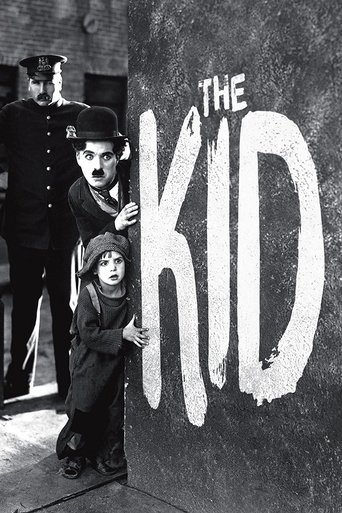
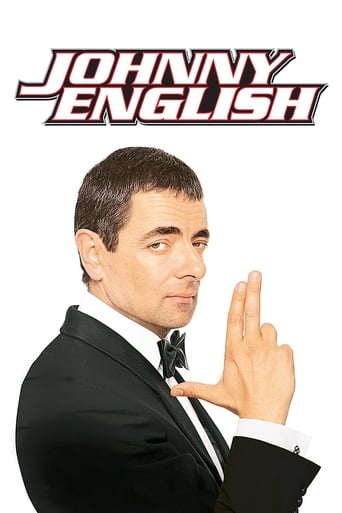
Reviews
If you don't like this, we can't be friends.
if their story seems completely bonkers, almost like a feverish work of fiction, you ain't heard nothing yet.
One of the most extraordinary films you will see this year. Take that as you want.
The film never slows down or bores, plunging from one harrowing sequence to the next.
I love silent movies but I've never liked Chaplin. I find his little tramp mean and maudlin. This is particularly so in Modern Times. Nor do I find him funny. There wasn't a single smile, much less a laugh in the film. I loved the factory set and the quality of the cinematography. I loved the roller skating. Otherwise, nothing. I just watched the film today, thinking I should see it at least once. But then I kept recognizing vignettes that I must have seen within the last six months. That's the impression it made on me. And frankly, I was appalled by the socialist themes that an uber rich capitalist embraced. The Tramp is supposedly jobless, except that he gets jobs easily. He loses them not to the Depression but to his own poor performance and incompetence. He celebrates theft of food but celebrates it through gluttony. In short he has very few redeeming features here. When you can't identify with the "hero", much of the interest in the film is lost. All that said, it wasn't a bad film, just not a very good one. I give it a 6.
The Tramp must face up against the industrial revolution in this Charlie Chaplin film that marks his first foray into political commentary. The film was made to comment on the Great Depression and the effect automation and industry had in making it happen. At least according to Chaplin himself.Beyond that the film is your typical Charlie Chaplin film. The Tramp is introduced, the Tramp faces difficulties, physical comedy segments, the Tramp meets a girl, the Tramp does something funny to impress the girl, difficulties, physical comedy, and it all ends in a funny, bittersweet yet uplifting way. If you've seen Chaplin's other films, you've seen this for the most part.That being said, the sets in this one are some of the best I've seen. Modern Times has some of the most iconic comedy scenes in cinema history for a reason. I also really like the heroine played by Paulette Goddard. A girl of spunk, character and resources, who takes care of the Tramp more than he takes care of her, which is a refreshing turnabout. Especially for a film this old.Modern Times is a fine film. Personally I do find it a bit too segmented to be a great film, and Chaplin's style of humour has never been my forte. But it's a fine film, no doubt about it.
I did watch this movie and not even a bit entertained. Charlie Chaplin was a just 20th century idol. Actually I don't like any silence movies and even didn't liked "The Artist" but I did watch this movie just for checking why even young people watching his movies in 21th century with a funny looking image.
There are some movies which are more meaningful and unforgettable than they seem. Doesn't matter how many years passed filmed them, there are still impressive. Charles Chaplin's movie Modern Times (1936) is basically seen as a classic Chaplin film, with his unforgettable clumsy character The Little Tramp. As in usual Chaplin movies he does some funny acts and makes audience laugh. However, if we look from the right perspective, it's so meaningful than a basic comedy movie. It'd be considered as a great sociological analyze which is about industrial revolution and labor class. Controlling of labor class, effects of this control are just one of the topics we can see in that movie. So, I'd like to explain these topics from three sociological concepts.The first sociological concept I've seen in that movie is of course Marx's theory of alienation. It was so obvious in the first scenes of movie. There is a manufacturing process which requires no creativity; it's a routine and repeating job. Our character The Labor Boy starring by Chaplin, is a victim of this alienation process of capitalism. We see that in scenes like; where he acts like a robot, an alienated being has just got one purpose; producing. He's job is bolt tightening. However, he has no control of what he is doing; he just has to do it. So, he is absolutely alienated from the product of he is working on. Finally, because of all these process he has a breakdown. Nervous breakdown scene is a really good example of surreal comedy. Also it shows as the control imposed on workers how can badly affect them with an absurd way.Then if we could related it with another sociological concept, It'd be another Marxian theory; the class structure. Private property divides people into social classes. The relationship between one of these classes which are; bourgeois (factory owner) and proletariat (workers) is so simply portrayed in the movie. Factory owner is belonged to his own class, he doesn't even need to communicate with his workers directly, he uses tele-screens or other people to give directions to them. Workers are belonged to their class, which they have to just follow the directions from the upper-classes. So, this relationship between them reminds me the Pyramid of Capitalist System which is more-likely based on Marx's class struggle. Also, we can be related it with Marx's Exploitation of Labour theory, which leads to class struggle.So, if differences between classes are so certain, you should to control lower class for the possibility of rebel. About controlling of working class, there is an example in this movie, which we can see even in these days. In protest scene, there is a police intervention. Police is portrayed as an instrument of Bourgeois class to control working class. Considering police is a legal force, we can be related it with Marx's base and superstructure idea. There is a superstructure which is built on a legal base; police force. To sum up, Modern Times is a really important picture for the history of cinema. It's examples from real life and society give us an opportunity to analyze that examples in a sociological concept. As far as capitalist system remains, we can always see similar examples in the real life like in this movie.
